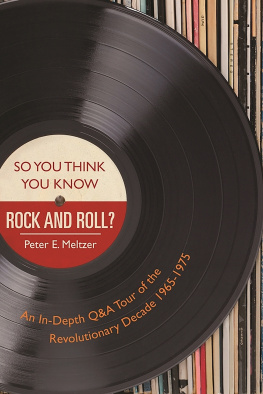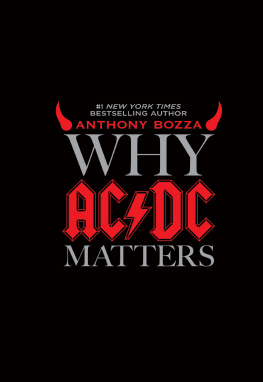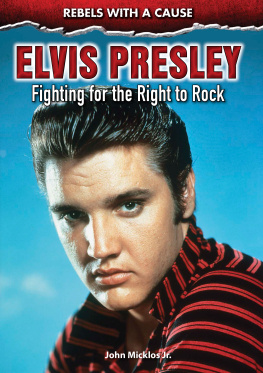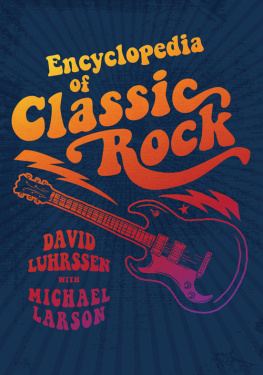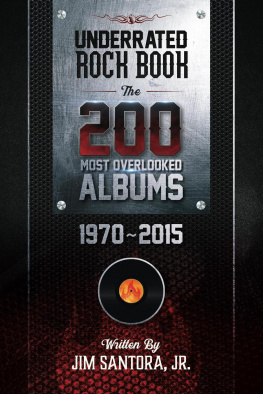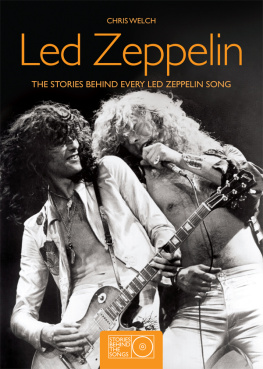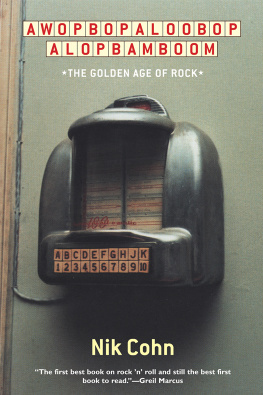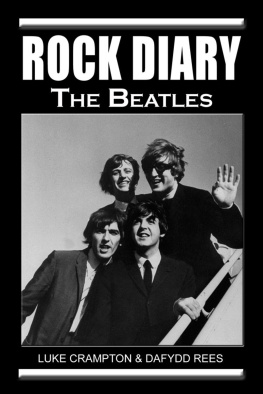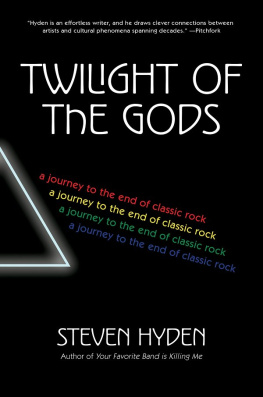Copyright 2017 by Peter E. Meltzer
All rights reserved. No part of this book may be reproduced in any manner without the express written consent of the publisher, except in the case of brief excerpts in critical reviews or articles. All inquiries should be addressed to Skyhorse Publishing, 307 West 36th Street, 11th Floor, New York, NY 10018.
Skyhorse Publishing books may be purchased in bulk at special discounts for sales promotion, corporate gifts, fund-raising, or educational purposes. Special editions can also be created to specifications. For details, contact the Special Sales Department, Skyhorse Publishing, 307 West 36th Street, 11th Floor, New York, NY 10018 or .
Skyhorse and Skyhorse Publishing are registered trademarks of Skyhorse Publishing, Inc., a Delaware corporation.
Visit our website at www.skyhorsepublishing.com.
10 9 8 7 6 5 4 3 2 1
Library of Congress Cataloging-in-Publication Data is available on file.
Cover design by Rain Saukas
Cover photo credit: iStock
Print ISBN: 978-1-5107-1766-4
Ebook ISBN: 978-1-5107-1768-8
Printed in the United States of America
To Thomas and Charlotte, once more with love
CONTENTS
Introduction
A s 1965 began, Lyndon Johnson had just been elected President in a landslide victory over Arizona Senator Barry Goldwater. The Second Vatican Council had not occurred. Americas involvement in Vietnam had begun but not a single ground troop had been sent over and thus it had not yet registered as a major political or social issue. The Voting Rights Act had not yet been enacted into law. The legal voting age was 21. There had been no be-ins, sit-ins, campus takeovers, or war protests.
As 1965 began in terms of music, the British Invasion was well underway. Male performers wore their hair short and all bands generally appeared wearing the same outfit as one another, typically dresses for women and coats and thin ties for men. There was no such thing as rock operas, double albums or rock festivals. Bob Dylan had not yet angered folk purists by going electric at the Newport Folk Festival. Before 1965, major rock artists or bands who wrote their own material were so rare (the Beatles and Bob Dylan being notable exceptions), the term singer-songwriter did not exist. Death of musicians from drug overdose was almost unheard of.
In terms of the breadth and scope of what was about to transpire over the following decade, politically, socially and musically, the years 1965-1975 (which are referred to in this book as the Decade) may as well have lasted several generations. When we refer to the 60s, we are really not referring to the years 19601964 because almost nothing that we think of about that decade occurred in those years. Indeed, I submit that the years 1965-1975 capture the essence and spirit of the 60s much better than does the period from 19601969.
Between 1965 and 1975, Richard Nixon was elected twice and resigned. Man not only landed on the moon, but it became somewhat routineuntil the last one in 1972. The last of the American troops had left Vietnam. (The Decade from 19651975 almost perfectly circumscribes Americas involvement in the Vietnam War.) The appearance and clothing of Americas youth in 1965 bore almost no resemblance to what it would look like a mere two years later and the same could be said of the quantum change in styles that would occur again between 1967 and 1969, as it would continue to evolve over the next six years. While hundreds of musical artists either became famous during the Decade or saw the end of their careers during that time, very few were successful at both ends of the spectrum. (Indeed, it could be argued that the Rolling Stones were the only artist or band releasing hit records at both the start and the end.)
In all respects, but especially musically, the era bookended by 1965 and 1975 was sui generis. When Rolling Stone magazine released its list of the 100 greatest albums in rock music history, a period spanning more than 50 years, nearly 60 percent of those albums were released in that one era.
Though set up in question-and-answer format, this book is not intended as a trivia book, but rather as a wide-ranging portrait of that transformative and remarkable time, which began at the dawn of the singer-songwriter era and ended just before the disco era began. It is also intended to be catnip on steroids for all people who are fans of rock and roll during the period from 19651975 and hopefully filled with many I never knew that! moments.
This book took about two years to research and write. Regardless of how much readers know (or think they know) about rock music from 19651975 before reading this book, I expect that not only will they know a whole lot more after, but that the journey itself will be extremely enjoyable. The book is intended (as the Beach Boys would say) to be fun, fun, fun, but also challenging.
ANALYSIS OF THE MUSIC FROM 1965 TO 1975FEW RECORDBREAKERS, BUT THE GREATEST DECADE FOR MUSIC IN ROCK HISTORY
The music of the Decade looms large over our consciousness more than 50 years after it ended. Why is this so? I will posit a few possible reasons that may seem logical but that are not the correct explanations in my view, leaving only the one reason that I consider to be the real one.
One possible explanation is that the first baby boomers were coming of age as the Decade started (the baby boom started in 1946 and continued until 1964). In other words, its merely a demographic phenomenon. However, that is not a satisfactory explanation. It is safe to say that when we first start becoming interested in musicsay during our end of the teenage yearswe are always up to date with new releases. This constitutes the music each of us grew up with. So baby boomers became teenagers from 1959 until 1977 (when the oldest and youngest boomers turned 13) and stayed teenagers from 1966 until 1984 (when the oldest and youngest boomers turned 20). So the overlap of the Decade I have chosen and the period from 19591984 is far from exact. If the baby boom theory was correct, then all 10-year periods starting each year from 1959 through 1974 ought to be equal in terms of popularity, but that is not the case.
In 2013, Wray Herbert wrote an article extolling 1960s music (especially late-1960s music) and then wondering whether or not his fondness for that music may be for the exact same reason I postulated, namely that it was simply the music he grew up with: I had the good
Are his friends right? Is his love for 1960s music simply a function of his age and nothing else? If yes, there is actually a scientific term for thata reminiscence bump, which is a peak in personal memories that comes in late adolescence and early adulthood. Herbert suggests that that is one explanation, but the interpretation I favorit could simply be that the music of Led Zeppelin and Dylan is better music, unparalleled before or since. In other words, he believes that his friends are wrong, and so do I. Also, I include the first half of the 1970s in that unparalleled period. That includes a prime portion of the careers of the Who, the Rolling Stones, Led Zeppelin, Bruce Springsteen, Queen, Neil Young, the Eagles, the Allman Brothers, Lynyrd Skynyrd, Stevie Wonder, Elton John, Linda Ronstadt, Pink Floyd, David Bowie, Billy Joel, Paul Simon, Marvin Gaye, James Taylor, Carole King, Aretha Franklin, Lou Reed, Carly Simon, Laura Nyro, Todd Rundgren and many others.
My own situation further belies the theory that my focus on the particular years of 19651975 is simply because that time period corresponds with my own musical coming of age, or my own reminiscence bump. At the start of the Decade, I was only six years old. By the end of the Decade, I was still a junior in high school. Music held no real appeal for me until I was about 13, and most of the Decade was already over. Therefore, if everyones favorite era is based solely on when they first became truly interested in music, then mine would have been from 19721982.

